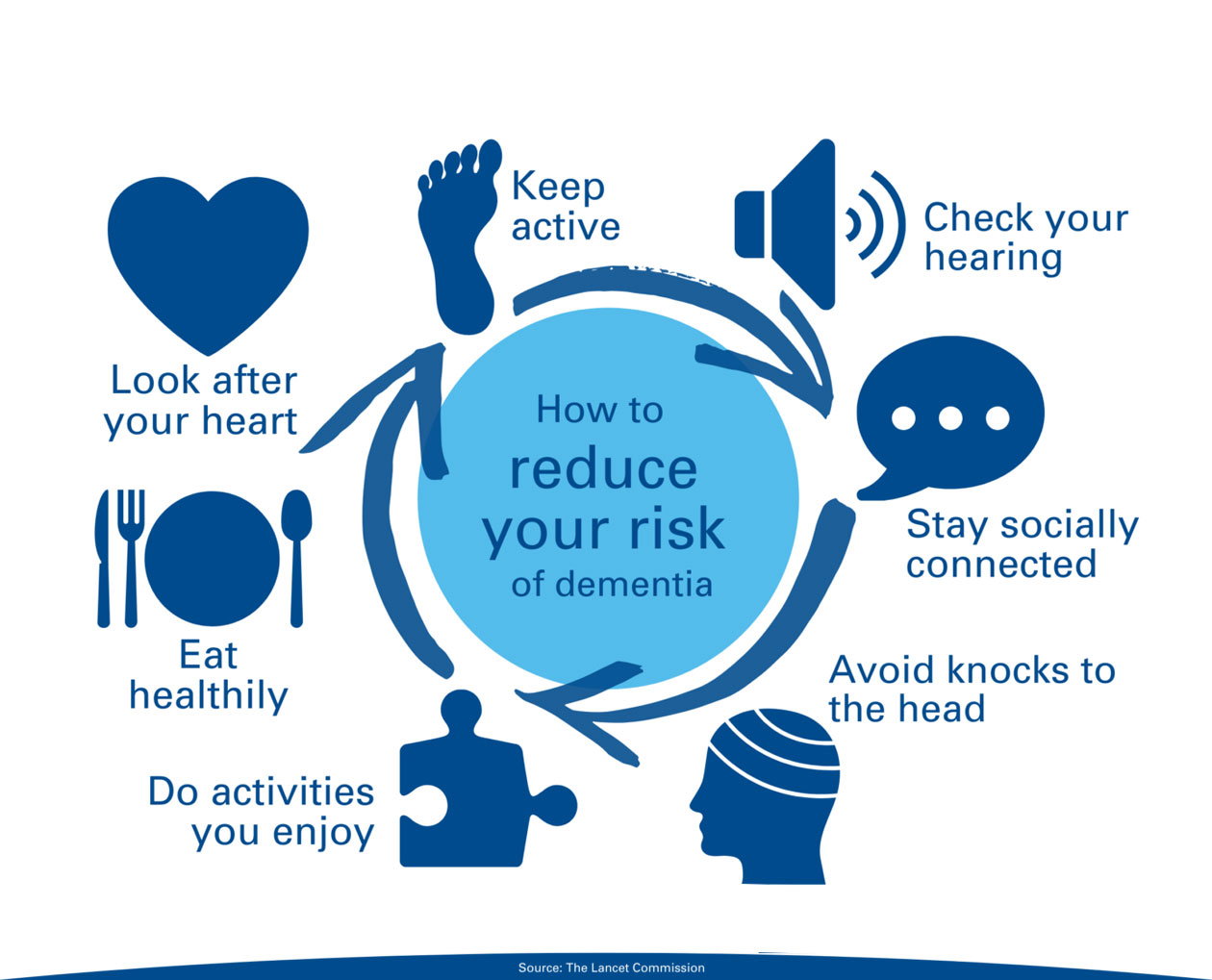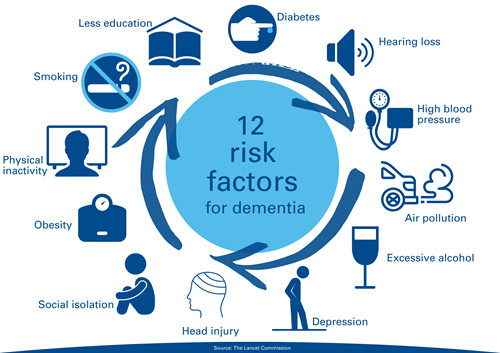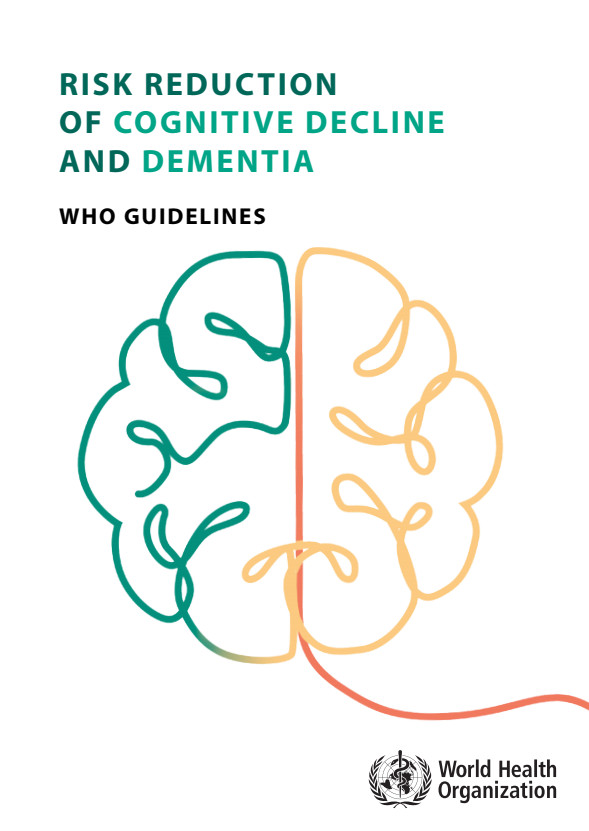Reduce the risk of developing dementia
As we get older, our risk of developing dementia mate wareware increases.

But evidence shows there are things you can do to help reduce this risk. These include keeping active, eating healthily and staying mentally active and social.
Look after your heart
Certain lifestyle choices can affect the health of your heart. Adopting a healthy lifestyle can help to prevent high cholesterol, high blood pressure, diabetes and obesity, as not only do these increase the risk for heart attacks and strokes, they increase the chances of developing dementia later on in life.
As well as being bad for your heart and lungs and putting you at risk of cancer and stroke, smoking has been linked to an increased risk of dementia. Giving up smoking can significantly reduce your risk of developing dementia mate wareware. It is also recommended to limit alcohol consumption to two standard drinks on each drinking occasion.
Keep active
Leading an active lifestyle can help control your blood pressure and weight, as well as reducing the risk of type two diabetes and some forms of cancer. Some evidence also suggests that being physically active can help to reduce the risk of dementia mate wareware, and getting active is proven to make us feel good, and can be a great way of socialising. Thirty minutes of gentle exercise such as brisk walking, five days a week is all you need to improve your health. If you have any health conditions that limit your ability to exercise make sure you talk to your GP or primary health care professional first.
Eat healthily
Our body and brain both rely on food for fuel. In order to keep it functioning properly we need to consume a healthy, balanced diet. While we need to do more studies into the benefits of specific foods or supplements, we do know that eating lots of fatty and processed foods which are high in saturated fat, sugar and/or salt is associated with a higher risk of heart disease, and is best avoided. There is good evidence that eating a Mediterranean-style diet can reduce the risk of developing some forms of dementia mate wareware. Remember, what is good for the heart is good for the brain.
Do activities you enjoy
By challenging the brain with new activities you can help build new brain cells and strengthen the connections between them. This may counter the harmful effects of Alzheimers disease and other dementia pathologies. Activities that stretch your mind such as reading, crosswords and puzzles, and activities such as bridge, mahjong and chess are excellent. By challenging your brain you can learn some great new things such as learning a new language or taking up a new hobby or sport.
Stay socially connected
Social engagement may also be beneficial to brain health because it stimulates our brain reserves, helping to reduce the risk of developing dementia and depression. Remaining socially engaged and an active part of the community is important for people with dementia mate wareware, so try and make time for friends and whānau. You can even combine your social activities with physical and mental exercise through sport or other hobbies.
Avoid knocks to head
A serious head injury, with loss of consciousness, is associated with a higher risk of developing dementia mate wareware. The term ‘head injury’ is a broad term that describes a vast array of injuries that occur to the scalp, skull, brain, and underlying tissue and blood vessels in the head. Head injuries and other trauma can cause a type of brain injury known as ‘traumatic brain injury’ or TBI. A concussion is a mild TBI.
Learn more about head injuries.
12 modifiable risk factors

This infographic outlines modifiable risk factors for dementia outlined in The
Lancet Commission report, which they say could prevent or delay up to 35% of dementia mate wareware cases. They are:
- less education
- hypertension
- hearing impairment
- smoking
- obesity
- depression
- physical inactivity
- diabetes
- infrequent social contact
- excessive alcohol intake
- head injury in mid-life
- exposure to air pollution in later life
Watch: Brain health - Behind the science
This webinar will tell you everything you need to know about ways to help keep our brains healthy.
Watch as our expert speakers from the University of Auckland take us through four lightning talks, followed by a Q&A.
Speakers: Etu Ma’u, Ngaire Kerse, Vanessa Burholt and Sir Richard Faull
Recorded on 7 September 2021
-

World Health Organization (WHO) Guidelines
These WHO Guidelines, published in May 2019, provide the knowledge base for health-care providers to advise people on what they can do to reduce their risk of cognitive decline and dementia mate wareware.
The reduction of risk factors for dementia is one of several areas of action included in WHO’s Global
action plan for the public health response to dementia mate wareware.


